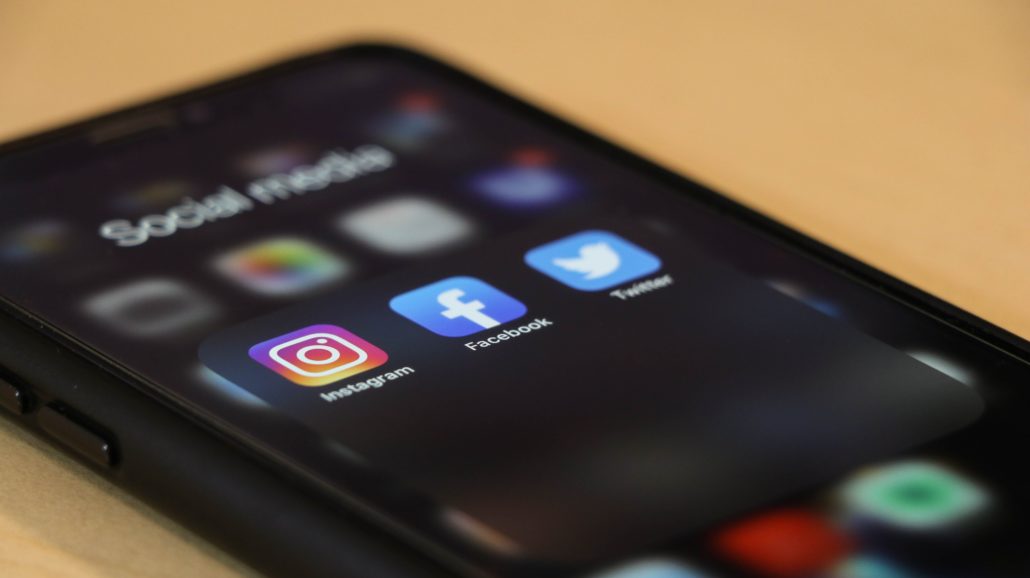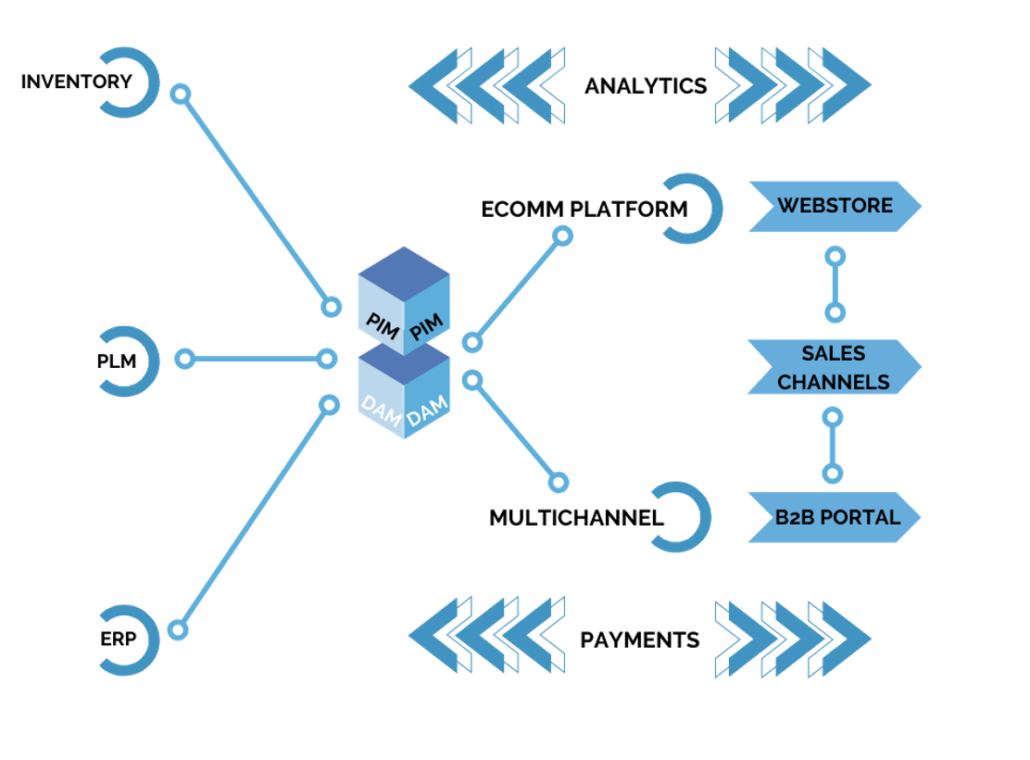PIM for Digital Product Passport: Seamlessly Sourcing & Managing Compliance Data
As the EU rolls out new sustainability regulations, the need for accurate, accessible product data has never been greater. That’s where a PIM for Digital...
Published: Dec 21, 2022 Updated: Oct 22, 2024
Influencer marketing continues to gain legs, with more and more online personalities influencing the brands and products impressionable audiences purchase. However, PPC can also be an effective method to reach your ideal target, especially when used in tandem with influencer marketing. Here, we look at both marketing options as separate tactics and how you can use them as a one-two punch.

An influencer holds sway over a niche market, industry, or specific group of followers using their specialized (or perceived) knowledge to become an authority on a subject. Almost any business can find an influencer with a large following in their target audience. As a result, they can assist you in building your own authority by tying your little red wagon to their brand. There are different types of influencers that determine the number of people and type of audience they attract:
While smaller businesses are unlikely to afford paid advertising for the major celebrities and industry experts, many influencers pride themselves on discovering niche experts and boutique brands for their followers. Most influencer marketing is tied to social media platforms, and there are different opportunities available for companies who wish to work with an influencer as part of their marketing strategy. If you want a more affordable option, bloggers and content creators are an option.
Traditional advertising, such as television commercials, print ads, and billboards, relies on mass media to deliver a message to a broad audience. It’s a one-way communication channel where the brand controls the content and delivery. This method often involves higher costs and less targeted reach, as it’s difficult to pinpoint specific demographics.

Since the internet became popular in the late 90s, traditional advertising is facing increasingly tough competition from digital marketing methods. Influencer marketing is a product of the digital revolution in advertising, but it is not all that different from how celebrity endorsements used to work on TV, radio, or print ads (and still do).
The main benefit of influencer marketing is that you can leverage their popularity and audience to drive sales. A familiar face linked to knowledge is a powerful marketing tool. It isn’t much different from old-school celebrity endorsements.
People who associate celebrity with knowledge and good taste are easily swayed to use the same brands and products to establish themselves as trendsetters.
The most likely channels you’ll find influencer marketing opportunities are TikTok, Instagram, and Twitter. Influencers present your products in a more authentic way as very few will agree to market a brand they don’t believe in.

Their reputations are at stake, which is why followers are more inclined to give influencer-recommended products a try. One of the big benefits of influencer marketing is that it is immune to ad blockers because ads are built organically into the influencer’s content. In fact, this is one of the reasons people prefer them, as they don’t disrupt their social media scrolling.
Also, if you are confident your products are unique and high-quality, you can try sending free products to influencers. If they like them, they might mention it on their channels for free. On the downside, they might hate them and mention that fact on their channels instead.
PPC (Pay-Per-Click) advertising is an excellent way to boost SEO and spread brand awareness. These ads are not organic and appear in feeds on social media or via search engines. One of the benefits of PPC is that you only pay when someone clicks on the ad.
As a result, it can sometimes be a more affordable option than influencer marketing. You can also track PPC in real time, telling you exactly how many clicks you generate, where the clicks go, and where the clicks come from.
Which one works best for you entirely depends on your goals and budget. The main difference between influencer marketing and PPC is that one appears to be more organic, while the other is clearly an ad. If you want more sales, influencer marketing reaches an entire community of like-minded people more likely to be swayed by what the influencer has to say. If you want a cost-effective solution to boost your SEO, then PPC works well.
The combination of influencer marketing and PPC can be highly effective at reaching a broader audience, both sharing the types of personas that align with your ideal customer. On the one hand, you appeal to people with a sense of community who don’t respond to ads that disrupt their social media scrolling time. These are the people who trust personalities to tell them what products to buy as opposed to listening to the brands themselves.
On the other hand, PPC enables you to reach people actively searching for your products, looking for brands to trust. A boost to your SEO achieves optimized search results with higher rankings enabling these customers to find you. The combination enables you to engage both audiences using their preferred way to discover new brands.
Influencer marketing is one of the hottest (and effective) eCommerce marketing trends. It combines content creation, trust, word of mouth, and social media to drive sales. So when it comes to the potential of influencer marketing, eCommerce is one of the most critical areas of the business affected.
Within this broad umbrella, Instagram influencer marketing for eCommerce is particularly effective due to the platform’s high engagement rates and visual appeal. Let’s see how influencer marketing fares with other forms of marketing.
Digital marketing and influencer marketing have differing metrics for measuring effectiveness. The former encompasses tools like SEO, PPC, content marketing, and email marketing. This allows for targeting based on demographics, interests, and behaviors. Conversely, influencer marketing relies on partnerships with influential individuals to promote products or services to their followers. The metrics used to measure the success of digital marketing often include website traffic, conversions, and ROI, while influencer marketing effectiveness is typically evaluated based on engagement rates, brand mentions, and sales attributed to influencer campaigns.
Influencer marketing and social media marketing are often used interchangeably, but they are not the same. In addition, influencer marketing is a more targeted approach that involves partnering with influential individuals (influencers) who have a significant following on social media. On the other hand, social media marketing utilizes various social media platforms to build brand awareness, develop customer relationships, and drive conversions.
Influencer marketing relies on authenticity and credibility. Not to say that social media marketing is fake, but it can feel more promotional and “in your face.” That’s why influencer content is often more personalized and engaging. The same is true for influencer campaigns. That said, paid social and influencer marketing is essential for reaching and engaging audiences.

Pimberly PIM is ideal for influencer marketing because it enables seamless management of rich product information, ensuring that influencers have access to the most accurate and up-to-date content. Its ability to centralize product data and streamline content distribution helps influencers quickly create authentic and engaging posts, boosting brand consistency across all platforms. Additionally, Pimberly’s flexible data syndication ensures that influencers can tailor content for specific audiences while maintaining brand integrity.
Pimberly is excellent for PPC campaigns because it centralizes and optimizes product data, ensuring that ads feature accurate and detailed information. This leads to more compelling, relevant ads that improve click-through rates and conversions. By streamlining the management of product attributes, Pimberly ensures faster updates, helping PPC campaigns stay competitive and aligned with changing trends or promotions.

To learn more about Pimberly, visit our website to explore the best PIM/DAM solution around.


